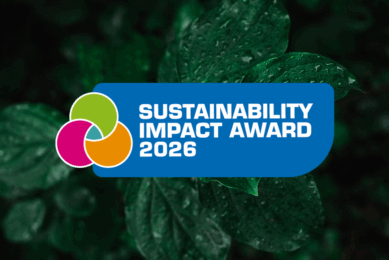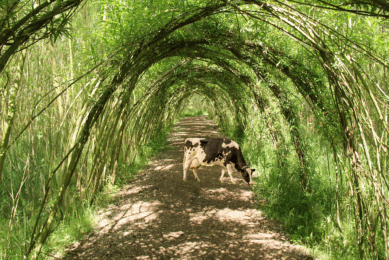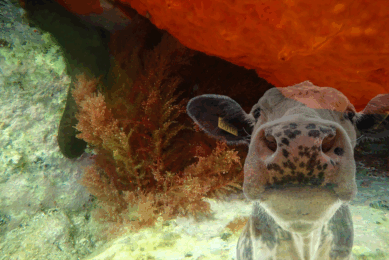Cargill calls for better cooperation to protect forests

Cargill is investing $?30 million to stop deforestation, according to a recent blog post from company chairman and CEO David MacLennan. And the CEO is asking other companies to also take action.
The announcement comes nearly 5 years after Cargill signed the New York Declaration on Forests at the United Nations Climate Summit. With this, Cargill would do its part in slowing, halting and reversing global forest loss, while enhancing food security for all.
Sustainable palm oil
Since 2014, Cargill developed new policies and action plans, joined coalitions and aligned with thoughtful partners. According to Mr MacLennan this led to the implementation of meaningful programmes to source cocoa in the Ivory Coast, advance sustainable palm oil practices in Indonesia, and support more sustainable soy production in Brazil.
“Yet, despite our collective efforts, industry is poised to fall short of a 2020 goal to eliminate deforestation in key supply chains, including beef, soy and palm oil. That is hard for me to admit – but it is not a reason to stop taking critical action. Our company, industry and organisations around the world need to do more. We need to move faster. And we need to act together,” Mr MacLennan addresses.
Also read: Feed Compass aims for future-fit feed
Better cooperation needed
The Cargill CEO says in his blog post that we must end deforestation in a way that protects forests and native vegetation while simultaneously allowing farmers and communities to prosper. “Perhaps nowhere is this currently more critical than in the Cerrado region of Brazil.” The Cerrado is home to more than 28 million people and agriculture is a critical component of the local economy. The region also supports a vast range of plant and animal biodiversity, which must be protected. Mr MacLennan calls for better cooperation. “Our experience has shown us that we are only successful when everyone involved in the supply chain works together. We’ve also learned that solutions are seldom simple or universal. The changes we’ve implemented in our palm supply chain, for example, will not work in the soy supply chain, where the industry is more fragmented and the farming economics are drastically different.”
Starting with the Brazilian soy industry
Cargill is committing $ 30 million to accelerate new ideas. Mr MacLenna: “I am urgently calling on our competitors, customers and others to join us. We will convene the best and brightest minds to identify innovative solutions to end deforestation, starting with the soy industry in Brazil. It will take collective action to solve this problem, not merely shift it to another company’s supply chain.”
Source: Cargill











